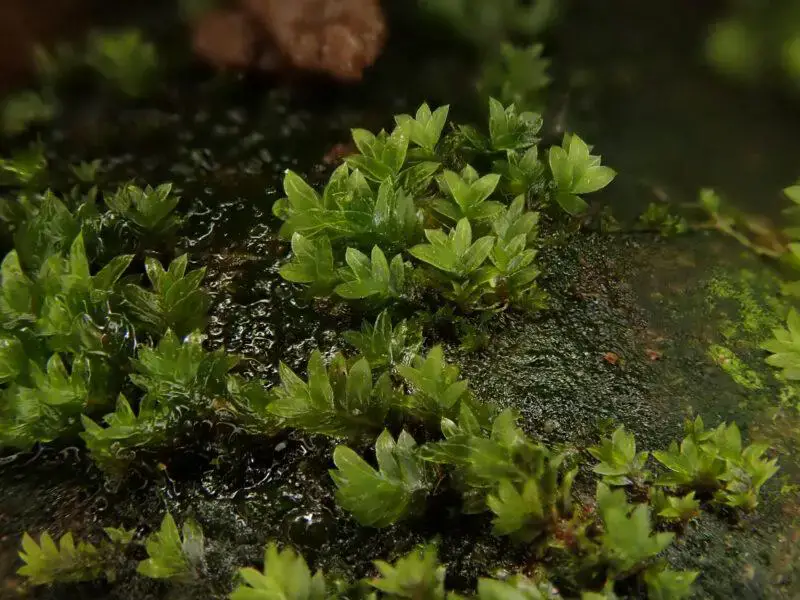
2021-03-22-13-04-45-800×600.jpg from: https://www.britishbryologicalsociety.org.uk/learning/species-finder/fissidens-viridulus/
Introduction
In the vast and captivating world of bryophytes, one particular moss species stands out for its unique charm and ecological significance – the
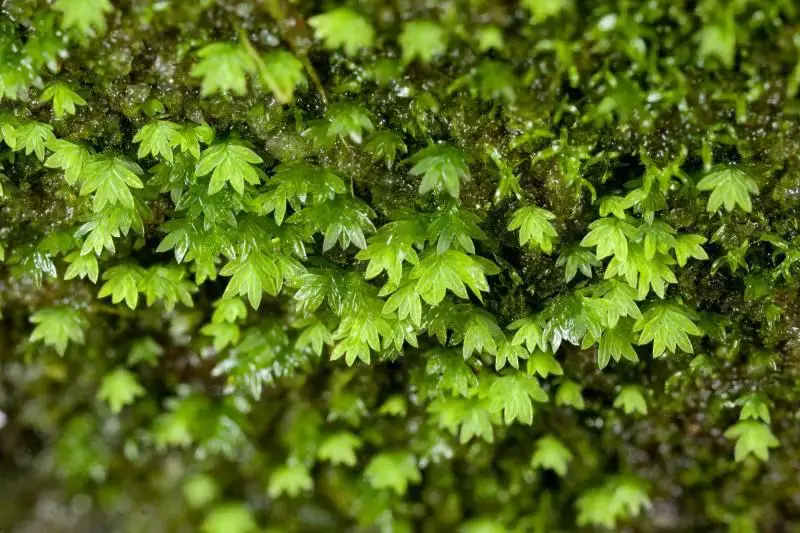
Fissidens-bryoides-21-800×533.jpg from: https://ohiomosslichen.org/moss-fissidens-bryoides/
Fissidens bryoides var. viridulus (Sw.) Broth., commonly known as Fissidens. This unassuming yet fascinating member of the Fissidentaceae family has captured the hearts of moss enthusiasts and naturalists alike, offering a glimpse into the intricate beauty of the bryological realm.
Background
Before delving into the intricacies of this remarkable moss, it’s essential to understand the broader context in which it thrives. Bryophytes, comprising mosses, liverworts, and hornworts, are among the oldest and most primitive land plants on Earth. These resilient organisms have played a crucial role in the colonization of terrestrial environments, paving the way for the evolution of more complex plant life.
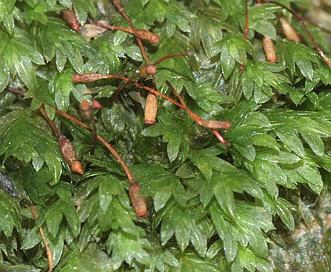
Fissidens_bryoides.jpg from: http://wildflowersearch.org/search?&tsn=16923
Main Content
Morphology and Identification
The Fissidens bryoides var. viridulus (Sw.) Broth. is a small, acrocarpous moss that forms dense, velvety mats or tufts on various substrates. Its delicate leaves are arranged in two distinct rows, giving the appearance of a miniature feather or quill. This distinctive feature, known as distichous leaf arrangement, is a hallmark of the Fissidens genus.
One of the most striking characteristics of this moss is its vibrant green hue, which earned it the varietal name “viridulus,” meaning “greenish.” The leaves are lanceolate in shape, with a prominent midrib running along their length. Under a microscope, the leaf cells reveal intricate patterns and textures, adding to the moss’s allure.
Global Distribution and Habitat
The Fissidens bryoides var. viridulus (Sw.) Broth.
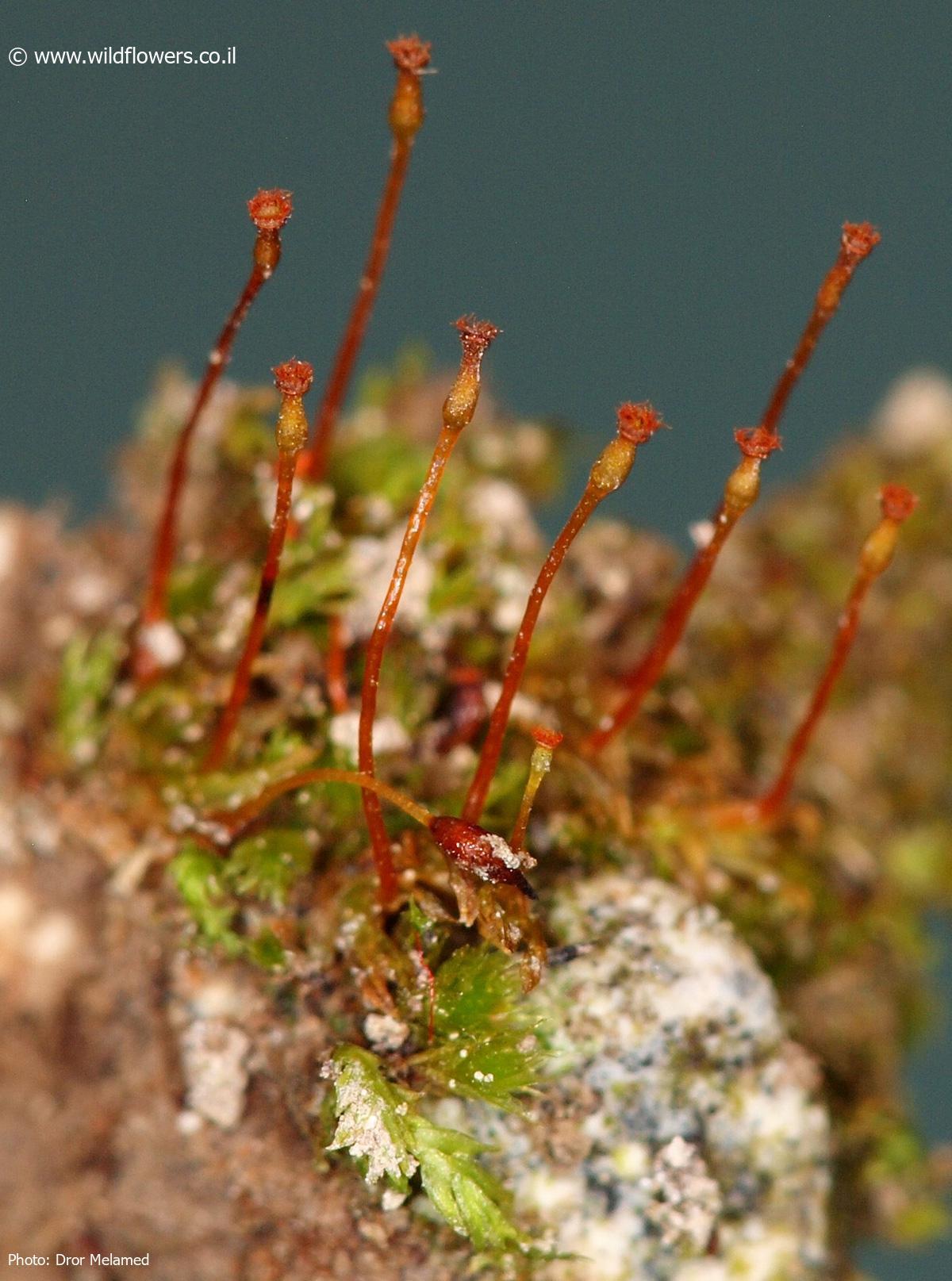
3240-l-4.jpg from: https://www.wildflowers.co.il/english/picture.asp?ID=19144
is widely distributed across various regions of the world, including North and South America, Europe, Asia, and Africa. It thrives in a diverse range of habitats, from moist and shaded areas in forests and woodlands to rocky outcrops and even urban environments, where it can be found growing on walls, pavements, and tree bases.
This moss’s ability to colonize a wide range of substrates, including soil, rocks, bark, and even concrete, is a testament to its adaptability and resilience. Its preference for moist and shaded conditions makes it a common sight in areas with high humidity and moderate light levels.
Ecological Roles and Adaptations
Despite its diminutive size, the Fissidens bryoides var. viridulus (Sw.) Broth. plays a vital role in various ecosystems. As a pioneer species, it contributes to soil formation and stabilization, creating a suitable environment for other plants to establish themselves. Additionally, its dense mats provide microhabitats for a diverse array of invertebrates, fungi, and other microorganisms, contributing to the overall biodiversity of the ecosystem.
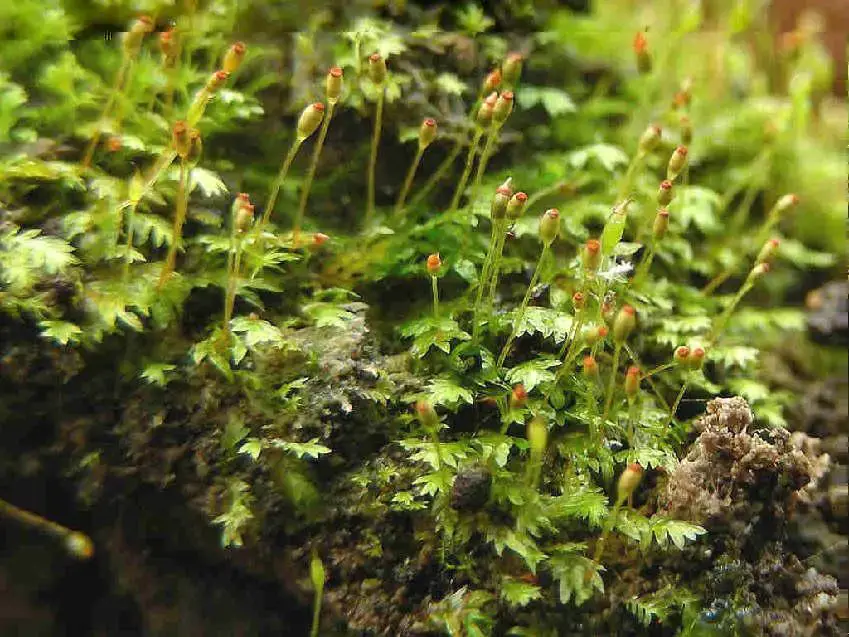
Fissidens_viridulus_4c.JPG from: https://cisfbr.org.uk/Bryo/Cornish_Bryophytes_Fissidens_viridulus.html
One of the remarkable adaptations of this moss is its ability to withstand desiccation. During periods of drought, it can enter a state of dormancy, curling its leaves inward to minimize water loss. Once moisture returns, the moss quickly revives, showcasing its remarkable resilience and ability to thrive in challenging environments.
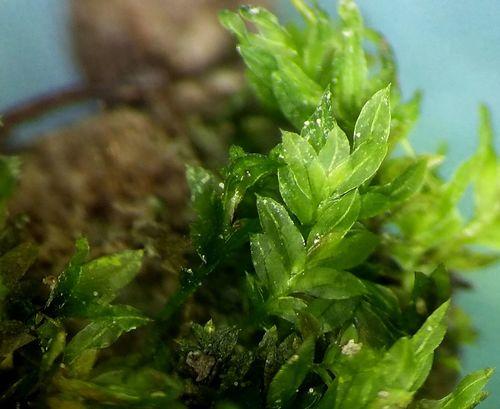
medium.jpg from: https://www.naturalista.mx/taxa/lesser_pocket-moss
Case Studies/Examples
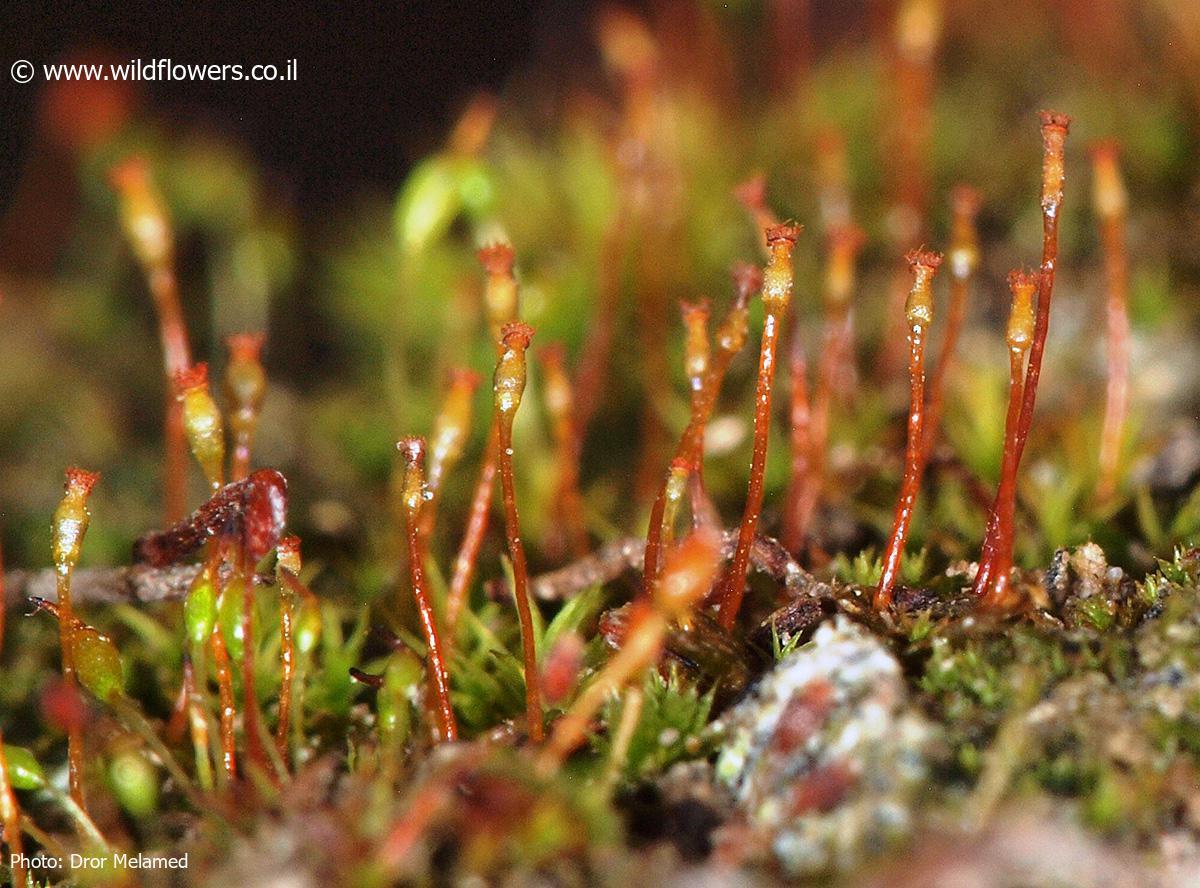
3240-l-2.jpg from: https://www.wildflowers.co.il/hebrew/picture.asp?ID=19135
In a study conducted in the Pacific Northwest region of North America, researchers found that the Fissidens bryoides var. viridulus (Sw.) Broth. played a crucial role in the recovery of disturbed forest ecosystems. Its ability to rapidly colonize and stabilize soil surfaces facilitated the establishment of other plant species, contributing to the overall restoration of the ecosystem.
Another notable example comes from urban environments, where this moss has been observed growing on concrete surfaces, such as retaining walls and sidewalks. Its presence in these man-made habitats highlights its adaptability and ability to thrive in unexpected places, adding a touch of green to the urban landscape.
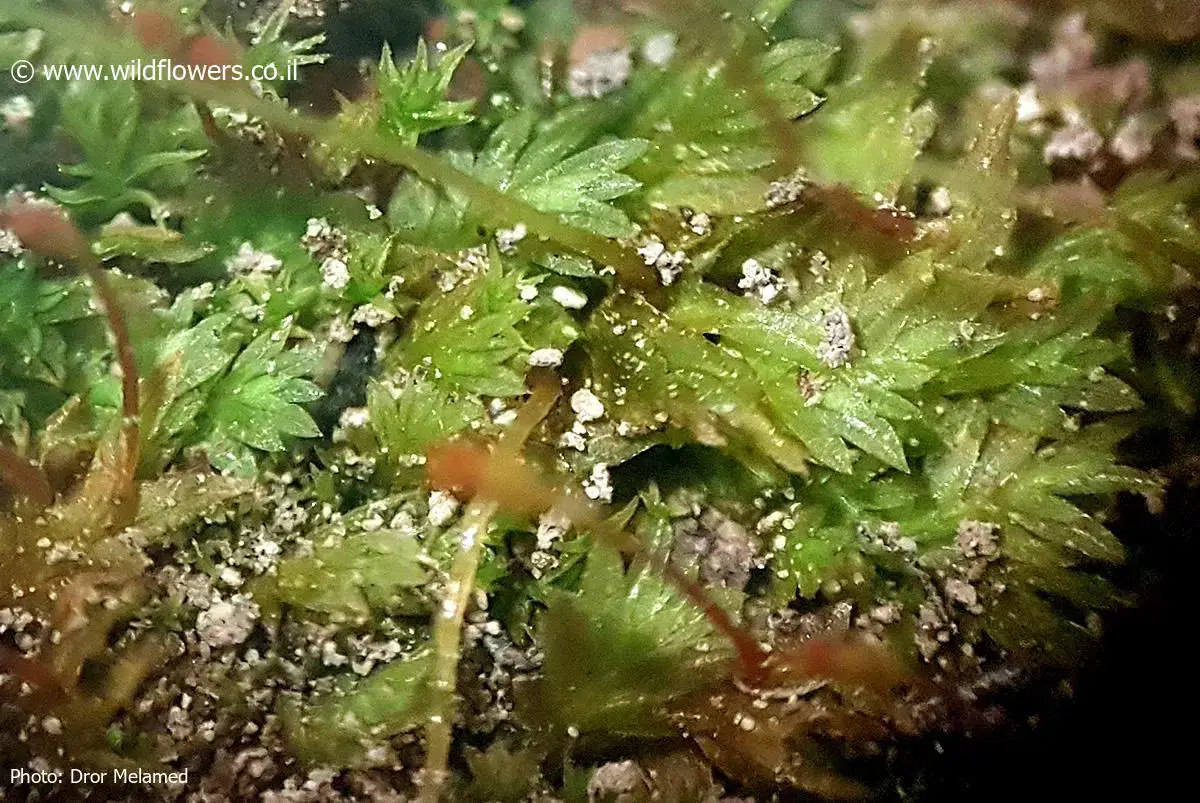
3240-l-3.jpg from: https://www.wildflowers.co.il/hebrew/picture.asp?ID=19143
Technical Table
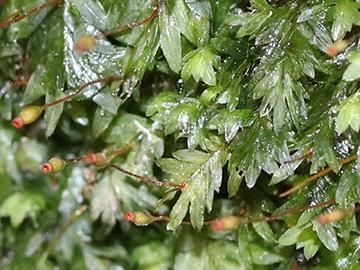
Fissidens_bryoides_conf_FWB_EN_HAT_Schulenberg_140211_ja03.jpg from: https://botanik-bochum.de/web/pflanzenbilder_moose/Fissidens_bryoides.html
| Characteristic | Description |
|---|---|
| Scientific Name | Fissidens bryoides var. viridulus (Sw.) Broth. |
| Family | Fissidentaceae |
| Growth Form | Acrocarpous moss, forming dense mats or tufts |
| Leaf Arrangement | Distichous (arranged in two distinct rows) |
| Leaf Shape | Lanceolate, with a prominent midrib |
| Color | Vibrant green |
| Habitat | Moist and shaded areas, rocks, bark, soil, concrete |
| Distribution | Widespread across various regions worldwide |
| Ecological Roles | Soil formation, stabilization, microhabitat provision |
| Adaptations | Desiccation tolerance, rapid colonization |
Conclusion
The Fissidens bryoides var. viridulus (Sw.) Broth., a humble yet remarkable moss species, serves as a testament to the incredible diversity and resilience of bryophytes. Its vibrant green hue, intricate morphology, and ability to thrive in a wide range of habitats make it a true marvel of the natural world.
As we continue to explore and appreciate the wonders of the bryological realm, this unassuming moss reminds us of the intricate beauty that can be found in the smallest and most unexpected places. Perhaps the next time you encounter a verdant patch of moss, you’ll pause and appreciate the intricate world that lies beneath your feet, a world where the Fissidens bryoides var. viridulus (Sw.) Broth. reigns supreme.
Ponder this: In a world where we often overlook the smallest wonders, how can we cultivate a deeper appreciation for the intricate beauty and ecological significance of mosses like the Fissidens bryoides var. viridulus (Sw.) Broth.?
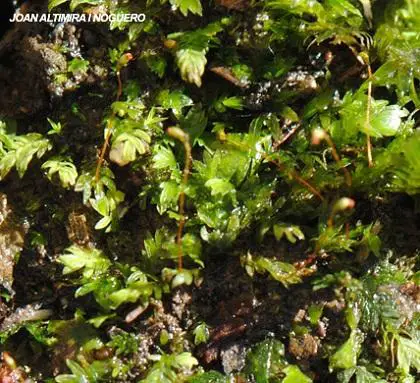
1422695120_foto3-1.jpg from: https://web2020.florssilvestresdecatalunya.com/fissidens-bryoides/